A Little Too Good, A Little Underrated: I Don't Love You Yet
Review of Japanese Drama 'I Don't Love You Yet'
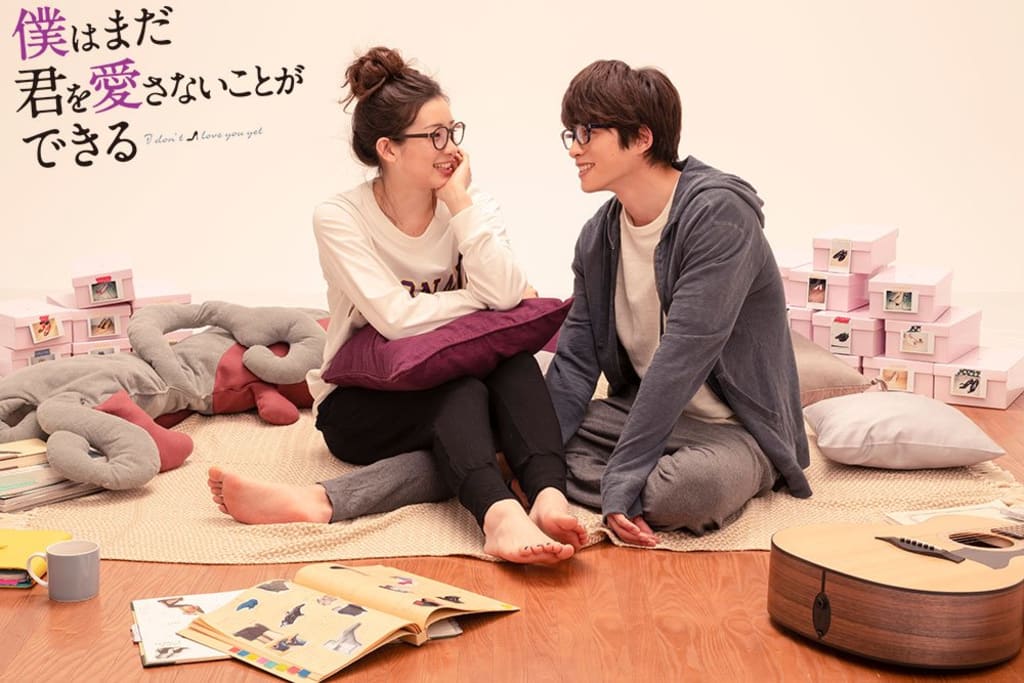
Controversial statements aren’t necessarily the best way to start off a review. However, I think that a fair number of people who consume Japanese dramas can agree that quality romantic-comedies of its kind are certainly far and few between. A huge reason as to why this is so, is mainly due to the fact that many of these dramas are based off of popular manga series. While the original artworks may have been excellent, I have found that many drama adaptations often pale in comparison. Most of them are so focused on imitating the original manga that they’re based upon that the overall delivery of everything ultimately ends up falling flat. This often results in cringe-worthy exaggerations and terribly storytelling.
With that all being said, I Don’t Love You Yet certainly does not disappoint as a romantic-comedy Japanese drama. There are many elements to this series which separates it from others of its kind. And the biggest reason behind this may be due to the fact that it wasn’t based on a pre-existing manga series. Instead, this story was derived from the popular Taiwanese drama — In Time With You.
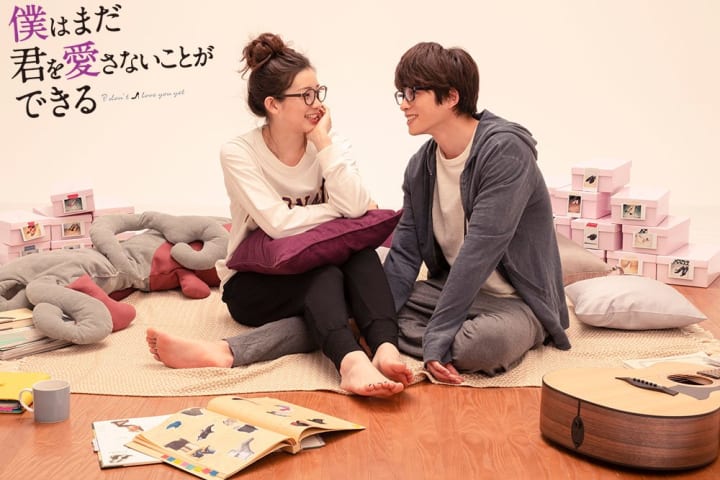
The timeless premise of ‘best friends to lovers’ may be all too common and overdone amongst Western series and films, however, the same statement can’t be said about Asian dramas — even more so, Japanese dramas. Unlike Western audiences, who were incapable of dealing with the fact that Rachel chose to find her ‘happy ending’ with Dex — instead of Ethan — in the film adaptation of Something Borrowed, veterans of Asian dramas are far too familiar with Second Lead Syndrome (SLS). Unfortunately, Japanese drama fans often suffer the most from this, as can be proven by the existence of male characters, such as: Shuichi Nakatsu, Tenma Hase, Taichi Mashima, and Hanazawa Rui — just to name a few. Hence, it was rather delightful that I Don’t Love You Yet finally welcomed the fact that the second lead veteran — Jin Shirasu — finally excelled as the primary male lead; despite the fact that he felt like the second male lead more than half of the time.
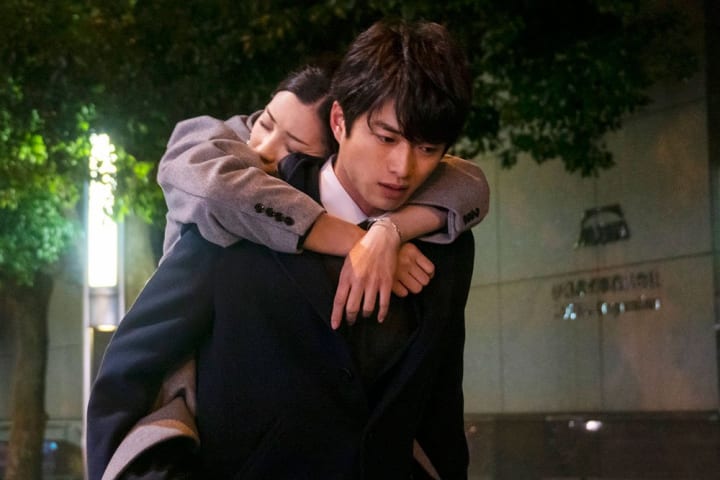
For those who have yet to explore Taiwan’s In Time With You, you might never have to, as I Don’t Love You Yet does an excellent job of improving upon the original, while still remaining faithful to it. This drama kicks off with our female lead, Yo Mitarai (Rika Adachi), as she’s one step closer to living out her biggest fear — turning 30. At the neither-here-nor-there age of 29, Mitarai villainises time, wallows in self-pity, and vexes over how she could not be more single. However, where she lacks a romantic relationship, she makes up for with her successful career at Diana Shoes — a luxury shoe brand. (Which, surprisingly, functions as a legitimate brand outside of this drama.)
On the other hand, her best friend — Ren Ishida (Jin Shirasu) — works as a commercial property manager, and exists as a 28-year-old; who is also conveniently single. While our two main characters insist on adhering to their strictly platonic friendship, a bet made between them — which kickstarts their competitive goal of marrying before the age of 31 — forces them to be much more adventurous with their dating lives. In short, if you’re a fan of slow-burn relationships, and more than just a simple handful of heart-pounding moments, I Don’t Love You Yet has certainly got you covered.
One of the best things about Japanese dramas would certainly include the fact that their series often draws to a close upon the tenth episode. Compared to Korean and Taiwanese dramas, their episodes prove to be rather concise and short, as most of them don’t go past 50 minutes. Hence, I was quite surprised to find that I Don’t Love You Yet consists of episodes which not only average 60 minutes in length, but also add up to a total of 16 episodes! While I can’t say that I was thoroughly satisfied with every single episode, I am glad that this version did its best to make this series entirely its own. I can’t speak on behalf of In Time With You fans, as I had not originally watched it before sitting through the Japanese version. However, I Don’t Love You Yet honestly felt like an original piece of work.
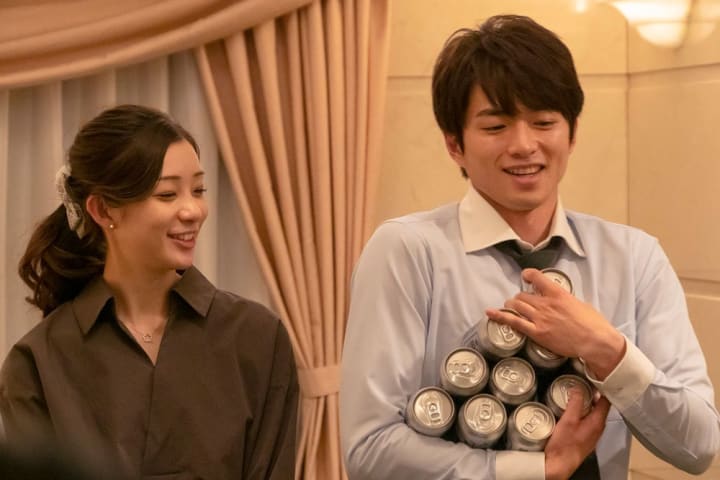
With that being said, I thought that it would only be fitting for me to watch the original Taiwanese version before confirming my final thoughts on it. Unfortunately, I’m not at all confident that I would have actually been able to sit through the original series, if it were not for the Japanese version. While I did keep in mind that In Time With You was released in 2011, I still found many of the drama’s elements to have been awkward and lacking. I constantly caught myself muttering the words “thank goodness they changed this” as I sat through all 13 episodes of the original. Yes, that’s right. There were only 13 episodes. However, each episode ran for approximately an hour and a half.
I Don’t Love You Yet definitely trimmed and altered many of the elements from the original, but I honestly couldn’t fault any one of their changes. A few of my favourite alterations would include the origin of our main character’s relationship, as well as the very foundation of the female protagonist. In Time With You introduces their male lead as the boy who followed his female classmate home, creeped her out, mumbled a vague compliment, before he ultimately claimed that he could never like her romantically. While the scene is innocent in its own way, I found the footage of his shadows and reflections following behind her more than just a little unsettling.
Thankfully, the Japanese version managed to salvage this element by including a convincing scene in which Mitarai abandons one of her shoes in a combined fit of anger and embarrassment. I really appreciated this detail, as it gave Ishida a much more substantial reason to follow her all the way home. Especially considering that this scene is constantly revisited and replayed throughout the entirety of the series, it would only be to everyone’s advantage if it were more convincing. Just by including subtle elements and additional events, such as this, we’re able to welcome other new elements and events. In this instance, Ishida not only returned the shoe to Mitarai, but he also tried to clear his name, and even attempted to clear up any misunderstandings by giving her a compliment. Even with these new elements in place, we’re still able to capture the critical core event. In which, Ishida essentially digs his own grave by playing down his compliment towards her and blurting out that he didn’t mean any of it romantically — outrightly offending her in the process of it all.
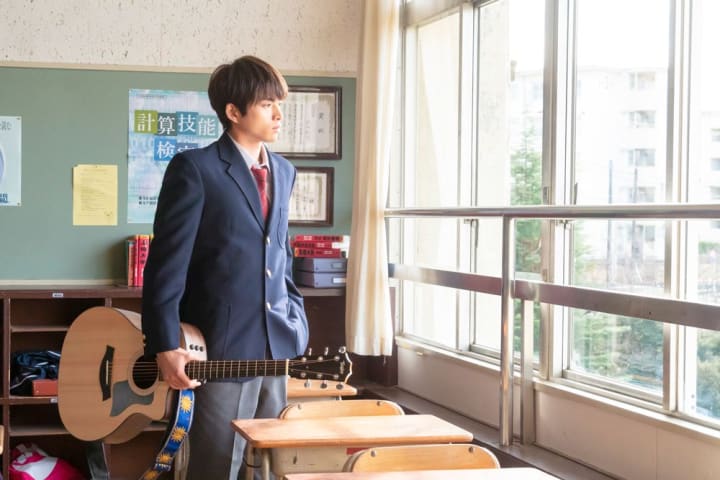
Even though I have done nothing but sing praises for I Don’t Love You Yet, the series doesn’t come without its faults. I can’t lie and say that I didn’t find Mitarai’s character to be inconsistent throughout the second half of the series, or that each of the 16 episodes held my full attention. However, the Japanese version isn’t entirely to blame for these criticisms. After all, this series was just doing its best to remain faithful to the original version. Thankfully, Mitarai’s character wasn’t set to be quite as impatient, hot-headed, and presumptious as the original Taiwanese female lead. However, this change didn’t make Mitarai’s ‘love’ for her infamous ex-fiance, Ryusei Mizusawa (Kodai Asaka), anymore believable.
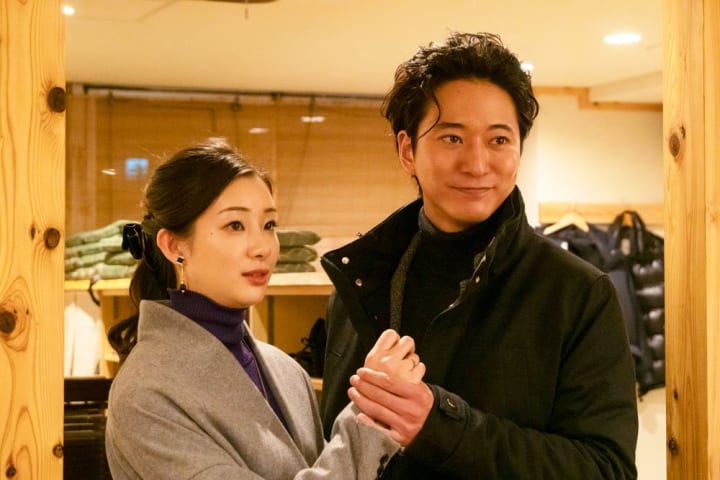
Mizusawa poses as one of the series’ antagonist as he re-enters Mitarai’s life after having jilted her half a decade ago. While I am completely able to comprehend the fact that desperation holds great capabilities of driving people to do the unthinkable. It’s so completely unfathomable that an intelligent, strictly ‘no-nonsense’ woman — such as Mitarai — would even entertain the idea of returning to the side of the vermin who robbed, cheated, and abandoned her all those years ago.
While Mizusawa does present himself as a wealthy CEO, there’s really no other redeemable qualities to his character at all. The word ‘overbearing’ wouldn’t even begin to describe this pompous prick. Not only does he directly violate her privacy, but he also assumes dictation over her friendships, work affairs, and even her appearance. The list goes on, as he undermines her dreams, aspirations, as well as her current profession. While I understand the allure of creating such an abominable character to serve as a stark contrast against the all-too-perfect Ishida, all of it is for naught if it ultimately goes against the very foundation of Mitarai’s self-righteous character. From the very first episode, Mitarai is presented to us as a character who not only takes charge, but also often finds it difficult to trust others. How is it possible for such an assertive character to suddenly display such injudicious traits? I’ll honestly never be able to comprehend it.
Unfortunately, not only does this infuriating relationship between Mizusawa and Mitarai consume a unnecessarily large majority of the series, but it also leaves little to no romantic fluff between Ishida and herself — when she finally ditches her rubbish ex-fiance. While I did feel slightly betrayed by this, I Don’t Love You Yet still does an excellent job of spoiling viewers with abundant frequent and fearless romantic scenes between our pair of best friends. I can honestly state that this still stands as one of the best romance Japanese dramas I’ve ever had the pleasure of watching.
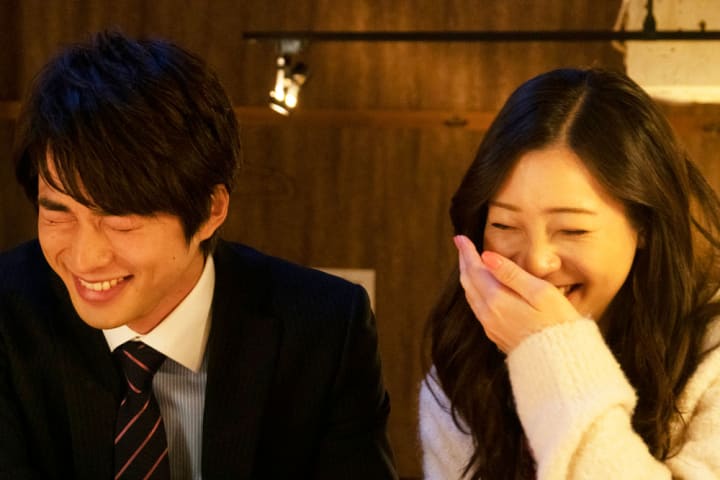
If you’re a fan of one of the following tropes: rivals to best friends, best friends to lovers, or even just a slow-burn romance, then you really can’t go wrong with I Don’t Love You Yet — it includes all three! Despite some of my qualms about the series, it still exists as an excellent romance drama. I found it particularly refreshing, as it definitely included scenes that have yet to be successfully executed by other existing Japanese dramas. I Don’t Love You Yet presents itself as a masterpiece, showcasing how great Japanese recreations of other Asian dramas can be. Considering that so many other countries have helped themselves to Japan’s Mischievous Kiss and Boys Over Flowers, it’s safe to say that it’s high-time for the Land of the Rising Sun to return the favour.
About the Creator
Honest Linn
Writer. I mainly review films and TV shows. @honestlinn




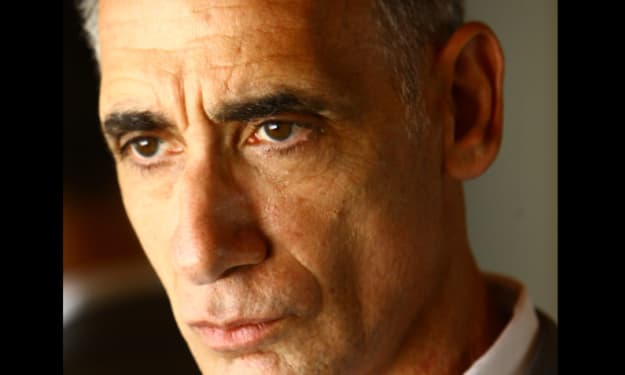

Comments
There are no comments for this story
Be the first to respond and start the conversation.